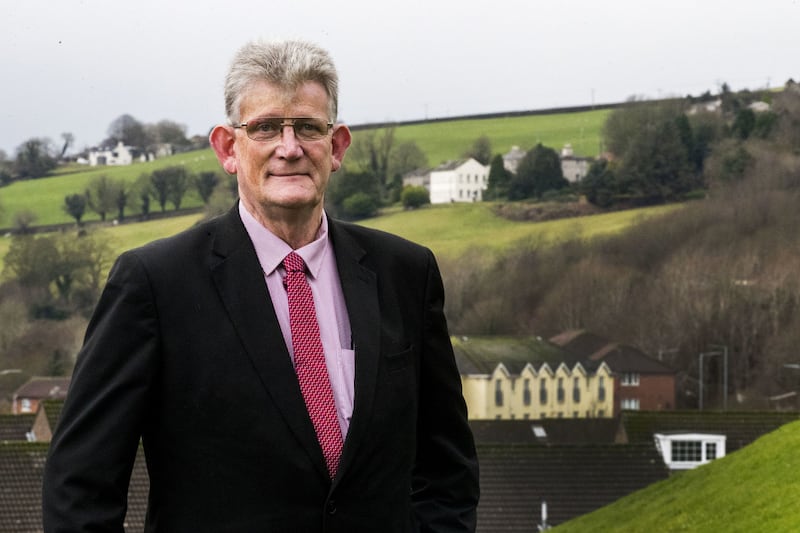ON a wet and cold March day, institutional abuse survivors came to Stormont, some in groups, some one by one, to hear what many had been waiting to be told for most of their lives - it was not your fault.
Some victims travelled just a few miles. Others came from England to hear five Stormont ministers, representatives of Catholic religious orders, the Anglican Irish Church Missions, and Barnardo's admit that they had failed hundreds, potentially thousands, of children over decades.
Not only did abuse happen in homes across the north, little was done to stop it.
Several dozen victims who were admitted to the assembly chamber sat for well over an hour as ministers and representatives of institutions apologised for how children in care were treated.
Justice Minister, the Alliance's Naomi Long, put it most starkly when she said: "Children suffered in the most vile and unimaginable ways; with life-changing and lifelong consequences for many of the victims."
For some survivors, already elderly and vulnerable when the landmark Historical Institutional Abuse (HIA) inquiry report was published in 2017, the apology had come far too late.
A minute's silence was held for those who had died, followed by a spontaneous round of applause.
A few survivors were ebullient as they emerged from the chamber into the jarring opulence of the Great Hall.

Others embraced and wept, overcome by the enormity of the day.
But there was also anger. The religious orders, some felt, had stuck to carefully worded language and had not shown the remorse and emotional response which victims had wanted.
As one survivor said: "Anyone can read off a script."
Ministers, though, received praise for their unambiguous statements.
And survivors welcomed the acknowledgement from ministers that they, following the collapse of the executive in 2017 and its subsequent three-year hiatus, were partly to blame for the length of time it had taken to make a formal state apology.
The attendance of former Secretary of State Julian Smith, who did more than any of his predecessors to push through a redress scheme for survivors, showed how significant the day was. Lady Mary Hart, widow of the late HIA chair Sir Anthony Hart, also attended.
It seems incredible that the apology almost did not happen, following the resignation of the DUP's Paul Givan as first minister last month.
The involvement of five ministers was a late change to the original plan to have the apology delivered by the first and deputy first ministers.
Survivors said yesterday they hoped the apology would give them some sense of closure - but were unsure if it would.
What is certain is that none of them can forget the horrors that were inflicted on them in an Ireland where, as James Joyce wrote, Christ and Caesar were hand in glove.








